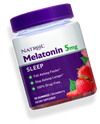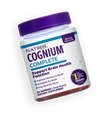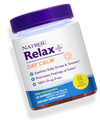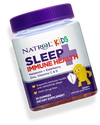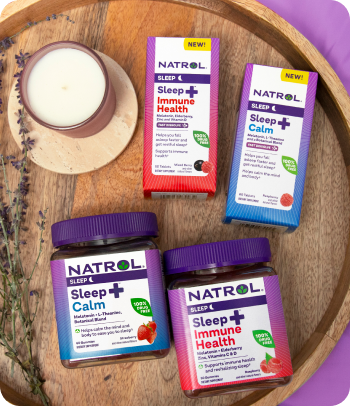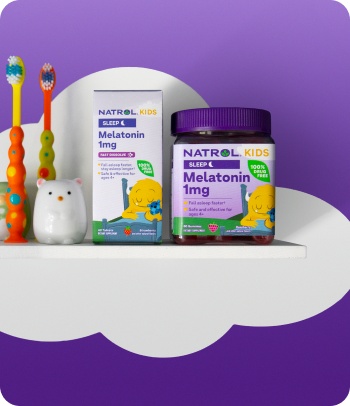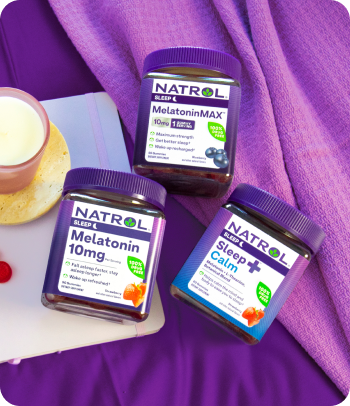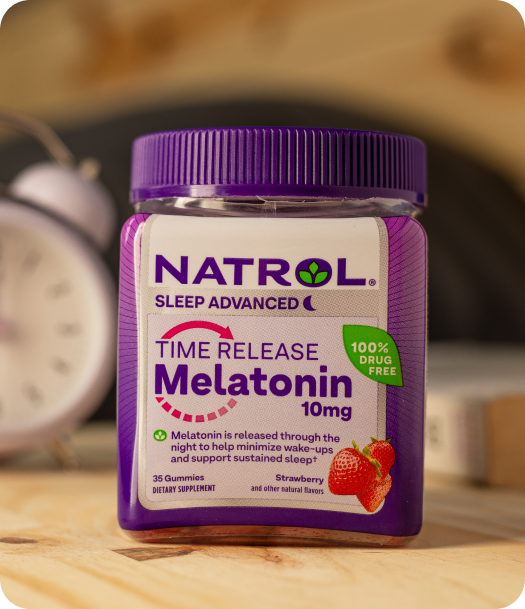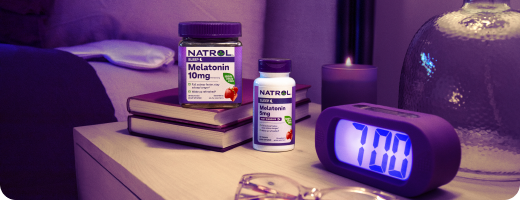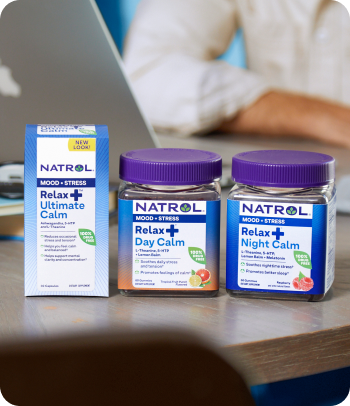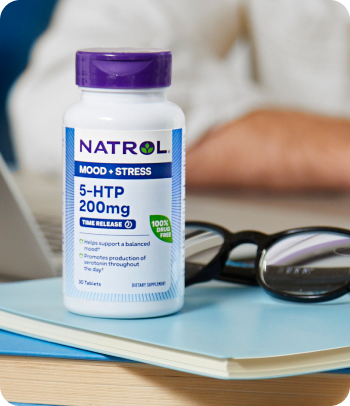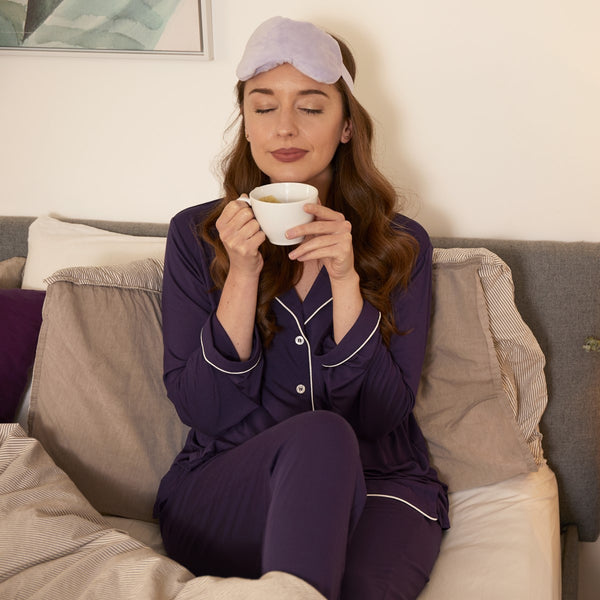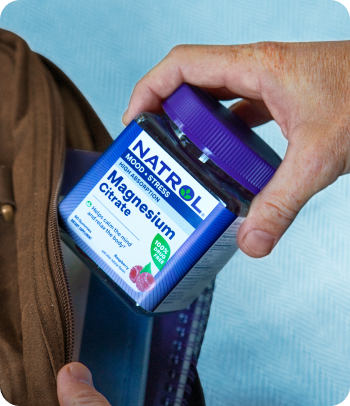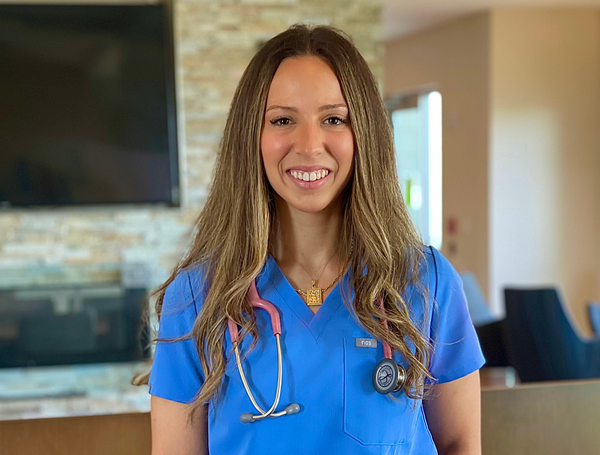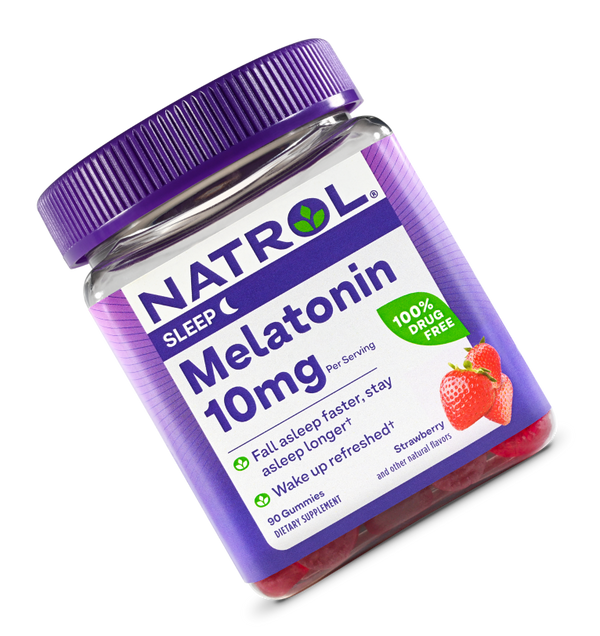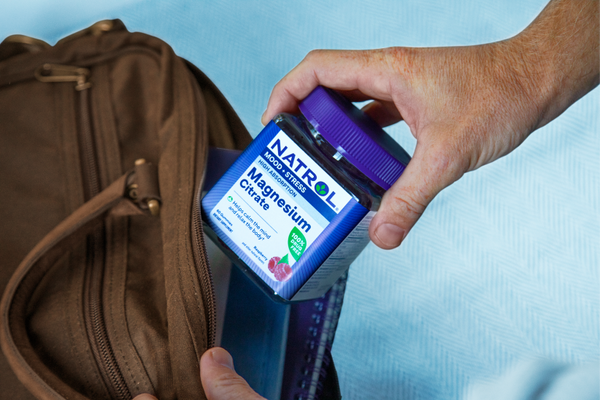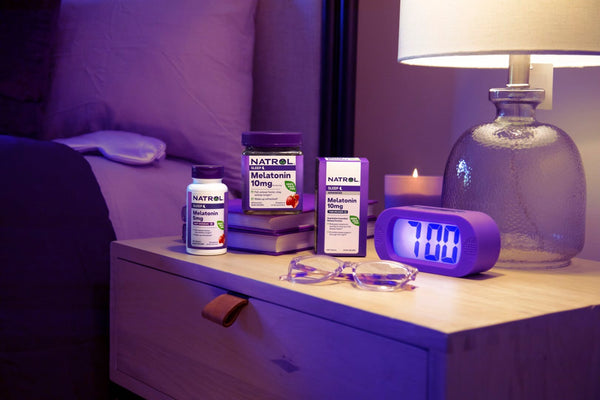I’m a Doctor with Expertise in Sleep Health and Tell All My Patients to Prioritize Their Sleep
As a board-certified physician and sports medicine doctor with expertise in sleep health, one of the most overlooked (and often forgot about) secrets to improving our overall wellbeing and achieving our goals is prioritizing and getting good sleep. I see it time and time again with my patients – and myself! – who are not getting enough hours of sleep. When we aren’t getting good, restorative sleep each night, we don’t have the motivation and energy to reach our goals, whether it’s cooking a healthy meal, getting to a workout class or simply being present for our daily lives.
Sleep is one of the most fundamental steps to improving wellness, achieving success and living a more present life. My patients can practically recite by memory all of the sleep hacks I give them that they can incorporate into their daily sleep routines – afterall, it’s the small, achievable changes we make in our daily habits that create long-lasting, lifestyle habits for the better. And now I’m sharing with you my tips for getting better sleep so you can achieve your goals:
Tips for Better Sleep
-
30 Minutes of Movement: Based on available research, we have good evidence that 30 minutes of exercise every day does, in fact, help you fall asleep faster and can improve the quality of sleep you’re getting.
-
Socks & Bedtime Bath Trick: There is evidence that wearing socks to sleep or having a warm bedtime bath can help you relax and fall asleep faster. These small rituals can help lower your core body temperature which in turn activates your nightly sleep circadian rhythm cycle.
-
The 10-3-2-1-0 method: 10 hours before bed have less caffeine, 3 hours before bed avoid eating bothersome foods and be sure to hydrate, 2 hours before bed engage in more calming activities like reading a book, one hour before bed reduce screen time, eventually leading to 0 as the times you’ll hit the snooze button in the morning.
- Add in Melatonin: Melatonin has a role when it comes to getting good sleep, especially for people who are traveling, and it can be helpful for people dealing with occasional sleeplessness.+
How to Incorporate Melatonin into your Sleep Routine
If incorporating melatonin into your sleep routine is something you are considering, it’s important to align with your body’s own natural melatonin and sleep-inducing signals that occur around two hours before bedtime. Therefore, it is recommended to take any melatonin supplements to help you sleep around 1-2 hours prior to the time you would like to go to bed.
It’s also important to listen to cues from your body telling you that you need to get more sleep. Signals that you need more hours of sleep include taking more than 5 minutes to fall asleep, feeling fatigued or yawning throughout the day, changes in the way you feel, feeling more irritable, low motivation, and having difficulty concentrating and remembering things.
On the other hand, when does it become too late in the night to take melatonin when you can’t fall asleep? Taking melatonin during the early morning hours can push back your sleep cycle significantly into the later morning causing you to feel more tired or drowsy when you do wake up. Instead of taking melatonin in the early morning hours when you can’t sleep, try getting out of bed and doing a quiet activity, like reading a book in another room. Then when you feel tired again, try to fall back asleep. Avoid the urge to pull out your cell phone as the blue light tricks your brain into thinking its daytime and can keep you awake.
Don’t forget, your bedroom is your sanctuary. When it’s time for bed, make sure to keep your room dark, noise free, and optimize the temperature to around 65 to 67 degrees.
Follow along with me @DoctorJesss on Instagram and TikTok for more expert sleep advice.
Note: Melatonin is not intended to treat insomnia or other sleep disorder. Consult a physician before using this product if under the age of 18, taking medication, have any medical condition, are pregnant or lactating, have an autoimmune condition or depressive disorder. Melatonin is for occasional short-term use only and should never substitute healthy sleep practices.
Meet the Author Jessica Andrade, DO
Area of Expertise: Sleep & Exercise
Dr. Jessica Andrade is a board certified physician with double specialization in pediatric medicine and primary sports medicine with expertise in exercise science and sleep health. She is currently a full time practicing physician in addition to being the team doctor for high schools and colleges. She has made many appearances on television, radio, print discussing the importance of sleep health.

